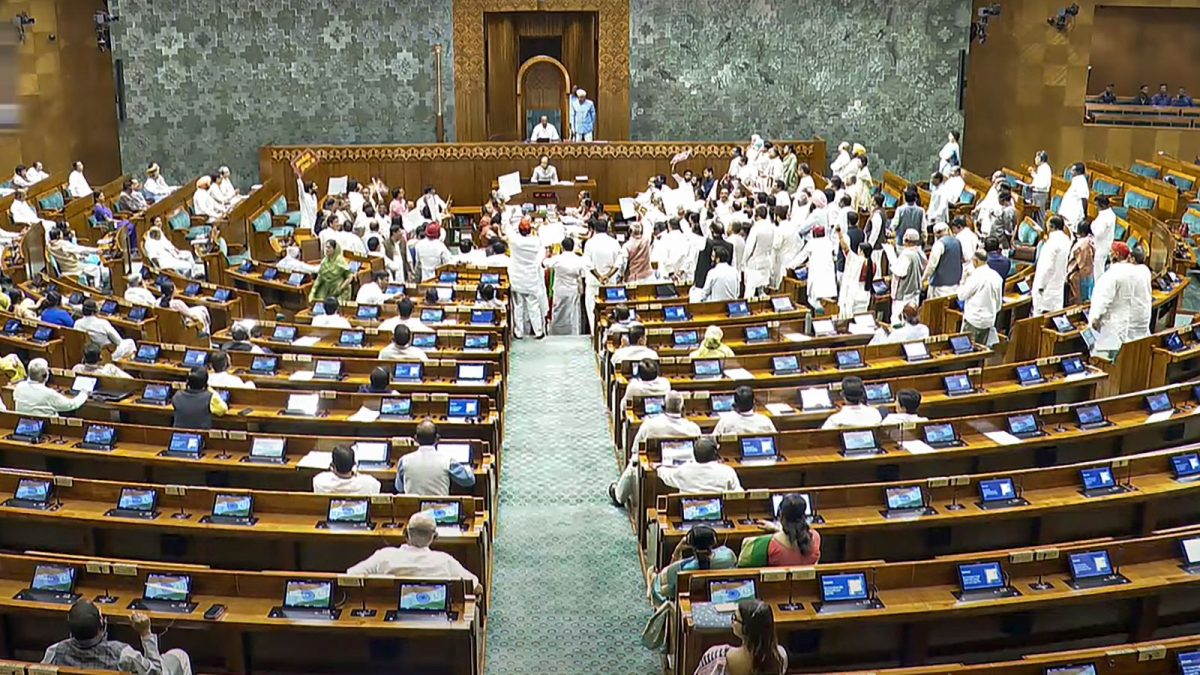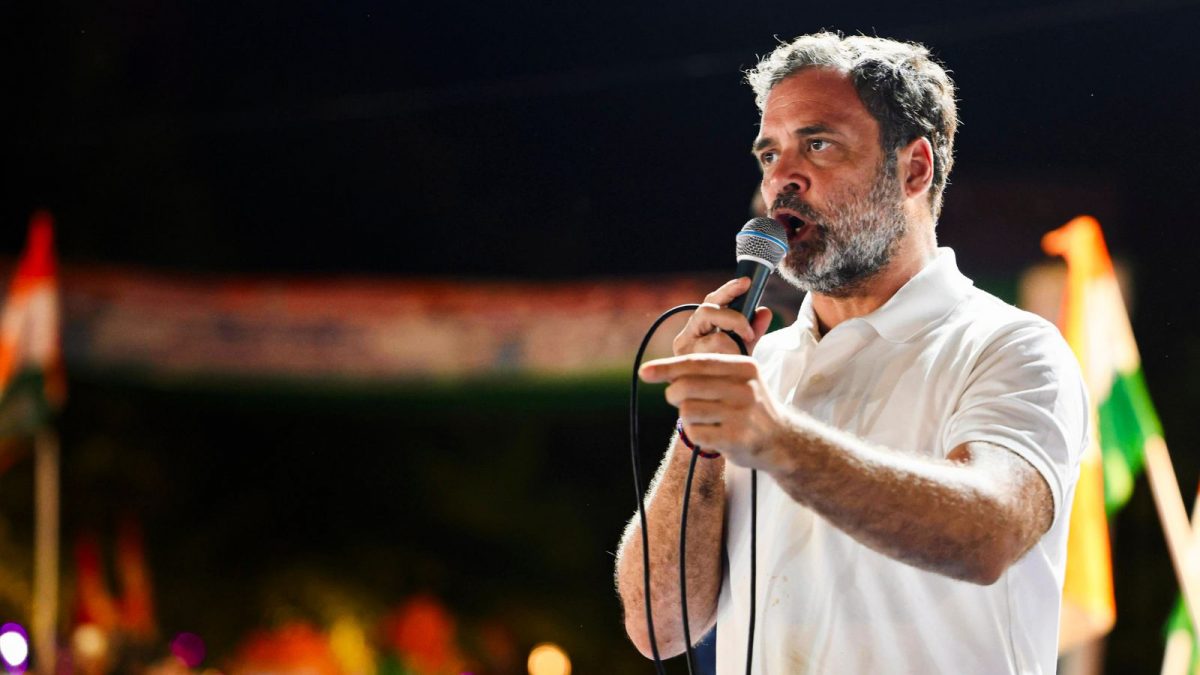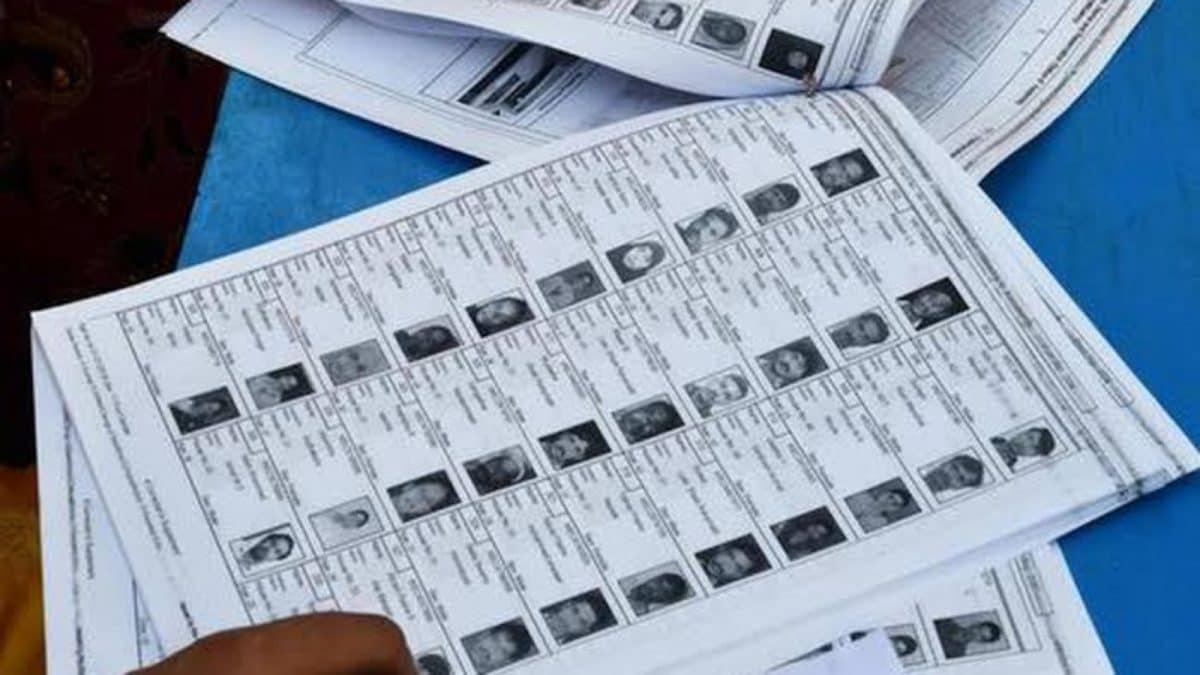Last Updated:
The massive Bihar mandate has given the Modi government wind in its sails. But with wind comes temptation, and risk.

HECI Bill to be tabled in Parliament to create a single higher education regulator replacing UGC, AICTE and NCTE.
Barely weeks after the NDA’s sweeping victory, the treasury is readying three heavyweight reform pushes: operationalising the Labour Codes, introducing a refreshed Corporate Laws (Amendment) Bill, and tabling the long-pending Insurance Laws (Amendment) Bill. Add to this the Election Commission’s Special Intensive Revision (SIR) of electoral rolls, and the winter session suddenly looks like a stress test of the government’s political capital.
The central question now is: can the government press ahead at speed without provoking new fault lines, with trade unions, opposition-ruled states, and voters, just months before the next run of state elections?
Labour Codes: The Biggest Landmine
The four Labour Codes, consolidating 29 laws into a modernised cluster on wages, industrial relations, safety and social security, are finally ready for full implementation. On paper, this is the single largest factor-market reform attempted in India in decades. Markets have cheered, and the government has patted itself on the back, calling it “historic”.
The message to investors is simple: predictability, compliance clarity, and flexibility for scaling. A post-Bihar victory narrative of “stability + reforms = jobs” fits neatly into the government’s 2026 economic pitch.
So, where’s the backlash?
Unions still see the Industrial Relations Code as weakening job protection. Any abrupt enforcement could spark coordinated protests across India. Supporters of the All India Kisan Khet Mazdoor Sangathan have already taken out a protest rally in Kolkata, while a joint forum of 10 central trade unions has submitted a memorandum to President Droupadi Murmu.
Opposition-run states may slow-roll rulemaking or accuse the Centre of bulldozing federal consensus. “In the recently held conference of labour ministers in Delhi, I had communicated to the Union Labour Minister about the state’s strong opposition to the anti-worker provisions in the labour codes,” said Kerala’s Labour Minister V Sivankutty.
Higher Education Commission Of India Bill
On the face of it, the Bill seeks to empower higher education institutions to operate as “independent self-governing institutions” while ensuring excellence through a transparent accreditation system and enhanced institutional autonomy.
But critics argue that the HECI Bill centralises authority, weakens institutional autonomy, sidelines academic stakeholders, risks politicisation and managerial overreach, and may accelerate the marketisation of higher education unless strong safeguards are built in — echoing several key arguments made by opponents of the Centre’s National Education Policy (NEP).
The Bill is likely to follow NEP 2020’s recommendations. The NEP proposes four verticals under HECI. “Each vertical in HECI will be an independent body consisting of persons having high expertise in the relevant areas, along with integrity, commitment, and a demonstrated track record of public service. HECI itself will be a small, independent body of eminent public-spirited experts in higher education, which will oversee and monitor the integrity and effective functioning of HECI,” NEP 2020 states.
A parliamentary panel headed by Rajya Sabha MP Digvijay Singh has already flagged that this Bill could lead to the closure of institutions in rural areas. Once the government tables it, more animated debates are expected.
Insurance Laws (Amendment) Bill: The Flashpoint To Watch
This Bill has the most explosive potential. Composite licences allowing life, general and health insurance under one entity, flexible capital requirements for new entrants, and a push for higher FDI caps — possibly up to 100 per cent in specific structures — the Bill has it all. These measures, the government says, are aimed at expanding penetration and achieving “Insurance for all by 2047″.
Now, why are we sensing backlash over this legislation?
“Foreign control of Indian savings” is an easy slogan for the Opposition and can ensure multiple adjournments.
Moreover, some trade unions and LIC/PSU unions may mobilise sharply too. Any perception of dilution in consumer safeguards or solvency norms will attract scrutiny. In such a scenario, it would not be unusual to see even RSS affiliates like the Swadeshi Jagran Manch oppose the government, as it has done in the past on key economic issues.
SIR: The Big Bang Showdown
SIR is a door-to-door, large-scale re-enumeration that can add or remove names. Any sizeable deletion or addition invites immediate political suspicion, because even small changes in marginal constituencies matter. Opposition parties, therefore, treat SIR as a potential lever of “vote engineering”.
Even though the Supreme Court rejected apprehensions of large-scale voter deletion during the Bihar polls, Rahul Gandhi’s “Vote Chori” campaign was directed at the EC and the BJP.
With several Block-Level Officers (BLOs) allegedly dying by suicide while blaming work pressure, the Opposition is bound to weaponise SIR, adding further to the government’s worry.
Coordinated adjournments, special mentions, calls for an all-party discussion, and protests inside or near the House to force debates and dominate headlines are likely to be the Opposition’s strategy.
The TMC, DMK and SP are expected to lead the SIR fight in Parliament.
Momentum Isn’t Immunity
The Centre has momentum. Few governments get such a window after a major state victory. But momentum is not immunity.
In terms of the three Bills, none provides great political yields. But they are long-awaited reforms, particularly the Labour Codes and the Insurance Bill.
There is no easy way of doing these. There is no cushioning. All three pieces of legislation are contentious. The icing on the cake will be the SIR issue during Zero Hour.
Slogans, placards, protests — the winter session will test even the calmest BJP floor managers’ ability to “get the job done”. Can they?

Anindya Banerjee, Associate Editor brings over fifteen years of journalistic courage to the forefront. With a keen focus on politics and policy, Anindya has garnered a wealth of experience, with deep throat in …Read More
Anindya Banerjee, Associate Editor brings over fifteen years of journalistic courage to the forefront. With a keen focus on politics and policy, Anindya has garnered a wealth of experience, with deep throat in … Read More
November 28, 2025, 10:53 IST
Read More







